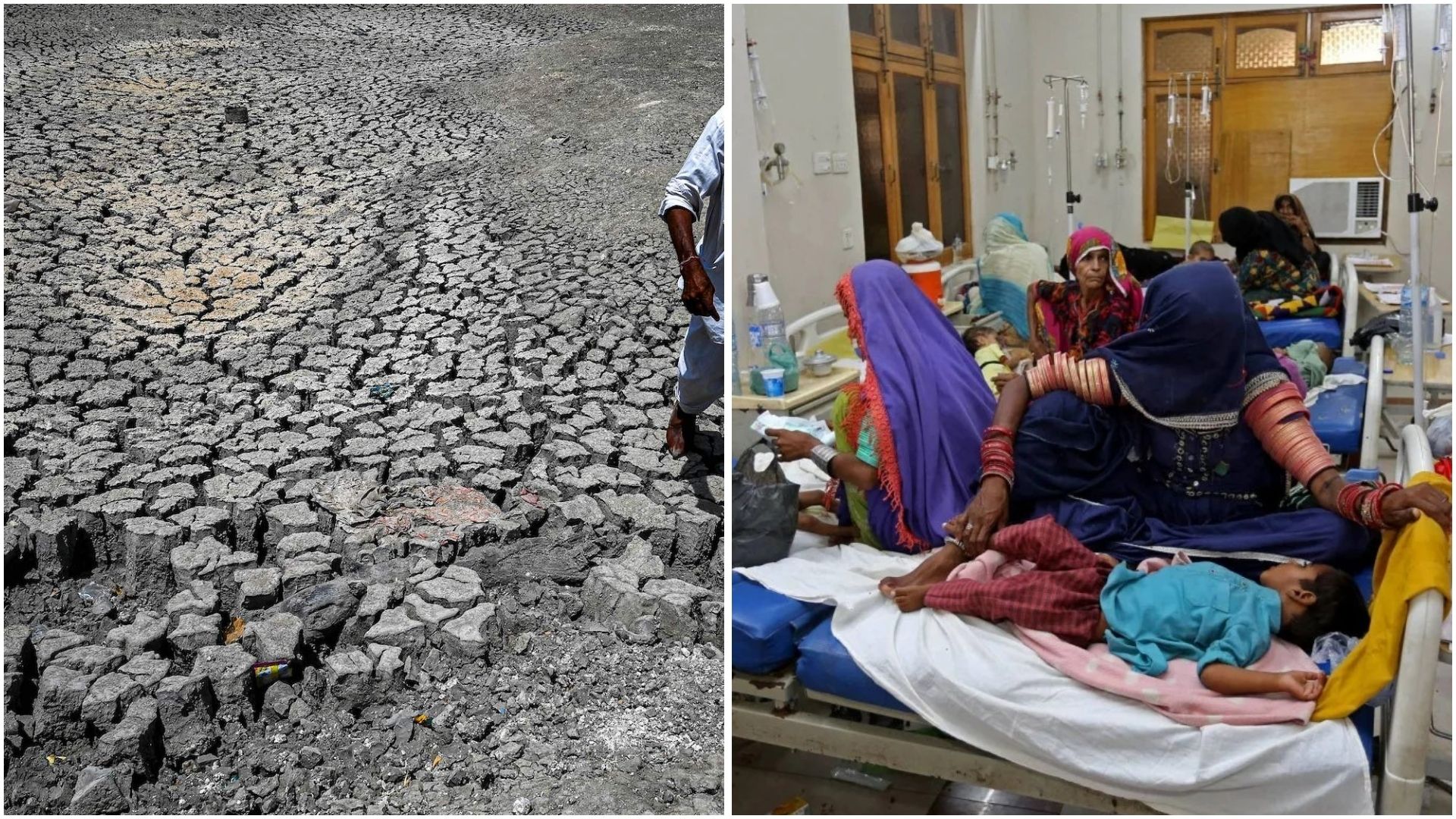10% of Indian Hospitals at Risk by 2100
In a recent study presented at the United Nations Climate Change Conference, alarming findings suggest that climate change could force 10% of hospitals in India to relocate or shut down by the year 2100. The 'XDI Global Hospital Infrastructure Physical Climate Risk Report' highlights the potential impact on healthcare facilities, shedding light on the urgency to address climate-related risks in the medical sector.
The Current Scenario:
The report analysed 53,473 hospitals across India, revealing that 9.6% of them face a high risk of closure due to climate change by the end of the century. This unsettling prediction underlines the need for immediate action to mitigate the potential fallout on the healthcare infrastructure.
Global Implications:
India is not the sole victim in this scenario. The study also points out that Nepal is expected to be significantly affected, with a projected closure of 26% of its hospitals. This global perspective emphasizes the widespread threat that climate change poses to healthcare systems, urging nations to collaborate on effective solutions.
Rising Risk Since 1990:
Disturbingly, the study indicates that the risk of hospital damage resulting from extreme weather events has surged by 41% since 1990. This alarming trend underlines the increasing vulnerability of healthcare facilities to climate-related challenges, demanding a comprehensive and immediate response.
The Call for Green Initiatives:
The XDI report emphasizes the critical role of reducing greenhouse gas emissions and implementing green technologies in hospitals. As we grapple with the escalating impacts of climate change, adopting environmentally sustainable practices within the healthcare sector becomes paramount.
Mitigating the Risks:
To safeguard our healthcare infrastructure, concerted efforts are needed at various levels. From adopting energy-efficient technologies to investing in climate-resilient hospital designs, the focus must be on creating a robust and sustainable healthcare system that can withstand the challenges posed by a changing climate.
Future-Ready Hospitals:
As we look towards the future, the importance of integrating climate resilience into healthcare planning cannot be overstated. Hospitals need to embrace innovative approaches to adapt to the evolving climate scenario, ensuring uninterrupted healthcare services for communities.
Incorporating green technologies involves exploring renewable energy sources, implementing waste reduction strategies, and enhancing energy efficiency in hospital operations. These measures not only contribute to mitigating climate risks but also promote overall sustainability in the healthcare sector.
Collaboration for Change:
Addressing the climate threat to hospitals requires a collaborative approach. Governments, healthcare organizations, and communities must work hand in hand to develop and implement policies that prioritize climate resilience in healthcare infrastructure.
The findings of the 'XDI Global Hospital Infrastructure Physical Climate Risk Report' serve as a wake-up call for the healthcare sector. Urgent action is needed to safeguard our hospitals from the adverse impacts of climate change. By embracing green initiatives, adopting innovative technologies, and fostering collaboration, we can build a resilient healthcare system that withstands the challenges of a changing climate. The time to act is now, ensuring a sustainable and secure future for healthcare in India and beyond.

 Urgent action is needed to safeguard our hospitals from the adverse impacts of climate change. By embracing green initiatives, adopting innovative technologies, and fostering collaboration, we can build a resilient healthcare system that withstands the challenges of a changing climate.
Urgent action is needed to safeguard our hospitals from the adverse impacts of climate change. By embracing green initiatives, adopting innovative technologies, and fostering collaboration, we can build a resilient healthcare system that withstands the challenges of a changing climate.










.jpeg)




.jpeg)

.jpg)













